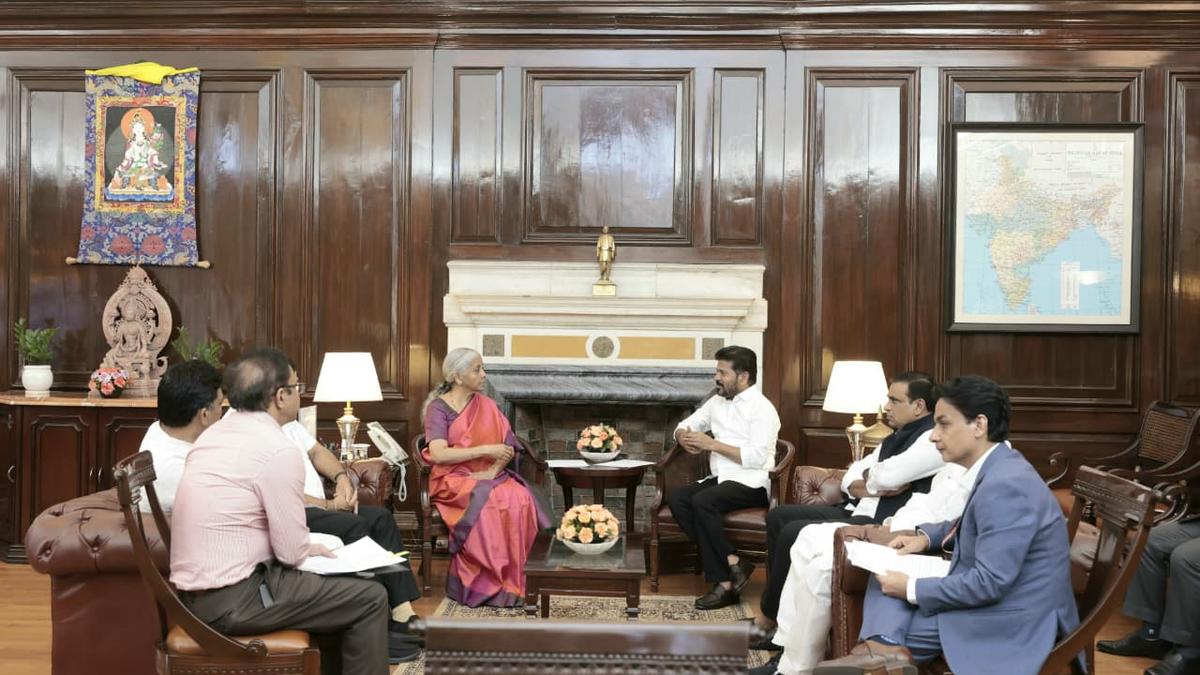Now Reading: Government Explores New Corporation to Boost Educational Infrastructure
-
01
Government Explores New Corporation to Boost Educational Infrastructure
Government Explores New Corporation to Boost Educational Infrastructure

Speedy Summary:
- The Telangana Government plans to establish a dedicated corporation for improving educational infrastructure in State-run institutions.
- This corporation seeks exemption from the Fiscal Obligation and Budget Management (FRBM) Act norms to raise funds for education sector reform.
- Telangana Chief Minister A. Revanth Reddy met Union Finance Minister Nirmala Sitharaman in New Delhi and requested permission for restructuring existing loans taken by the previous BRS Government to ease financial burden due to high interest rates.
- estimated plans include spending ₹21,000 crore on constructing 105 Young India Integrated Residential Schools with modern facilities like laboratories and stadiums alongside accommodating 2.7 lakh students collectively.
- ₹9,000 crore is intended for betterment of infrastructure such as advanced labs and amenities in junior colleges, degree colleges, and other higher education institutions across the state.
- Construction of four residential schools has commenced while tender processes for other projects are completed.
- Priority focus is being placed on providing education at par with corporate institutions specifically targeting BC, SC, ST, and minority community students.
Indian Opinion Analysis:
The Telangana Government’s decision to establish a specialized educational infrastructure corporation could signal an meaningful shift toward addressing systemic challenges within public schooling. Exemption from FRBM Act norms might provide much-needed adaptability in funding crucial reforms-though, this approach warrants careful scrutiny over long-term fiscal implications. The allocation of ample financial resources-₹30,000 crore total-reflects ambitious intent but also raises concerns about efficient execution given past issues linked with debt management under previous administrations.
The inclusion of modern facilities alongside targeted support for marginalized communities demonstrates commitment towards equitable access to quality education. If implemented successfully without unneeded administrative delays or cost overruns, this initiative may serve as a model state-level reform enhancing India’s overall human capital progress trajectory. Collaboration between State and Union Finance authorities remains key in mitigating potential procedural bottlenecks while supporting progressive investment objectives.
Read more: [Link unavailable]























